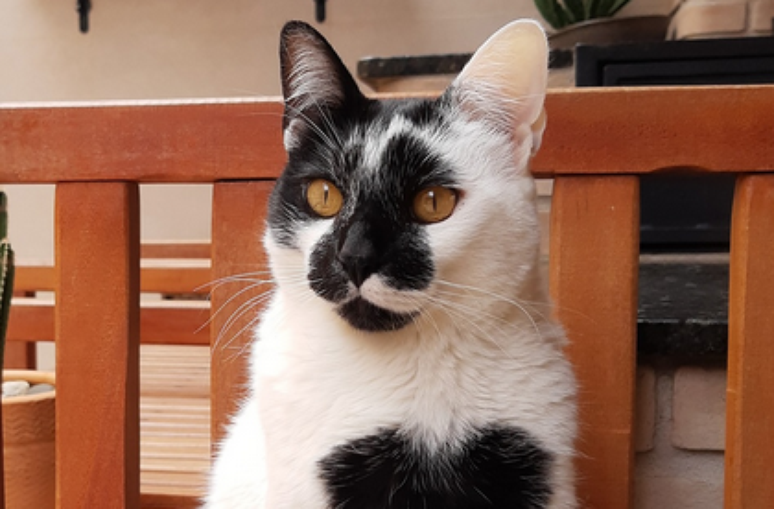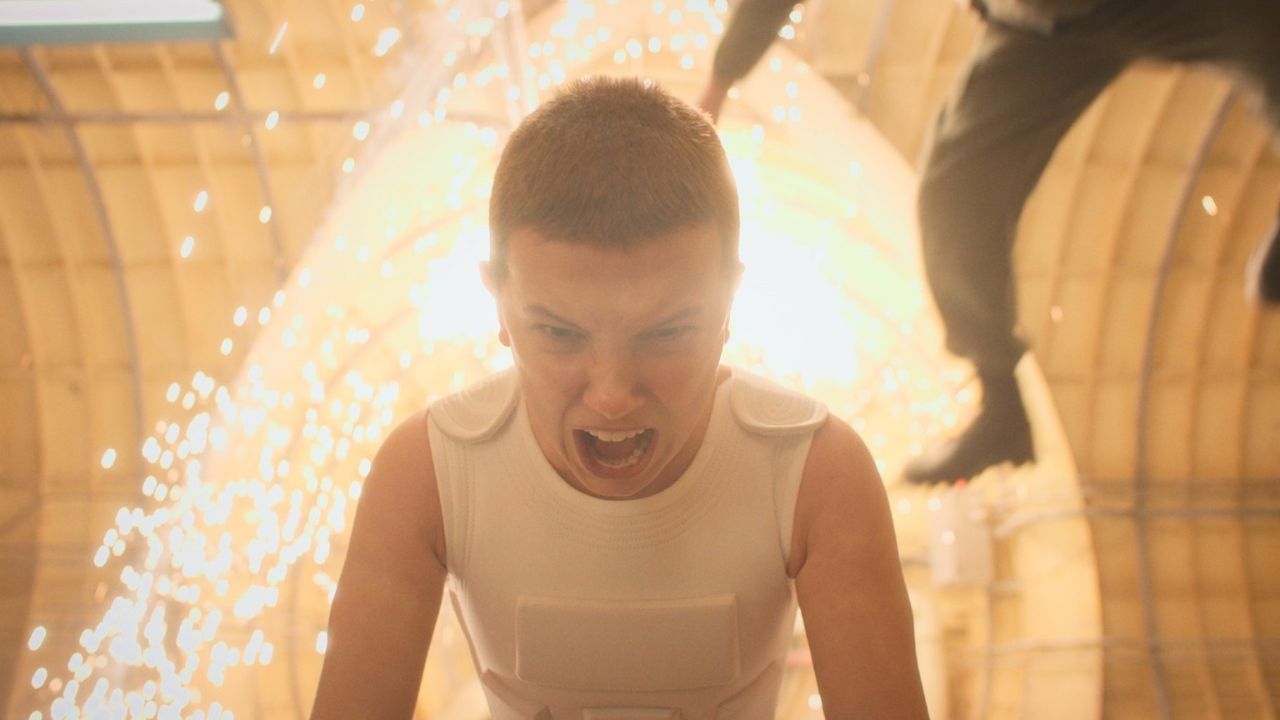Research shows that trained caregivers can be virtually assisted by healthcare professionals in applying established physical therapy tests in the home environment
Research conducted at the Federal University of São Carlos (UFSCar) has shown that it is possible to adapt functional mobility and muscle strength tests to be performed remotely in the home environment. The proposal is to serve elderly people with dementia through telemedicine, based on a protocol that includes training of health workers and online supervision by health workers.
Functional mobility and muscle strength tests are widely used by physical therapists and other professionals working in the field of gerontology to assess the process of agingprescribe treatments or physical exercise and evaluate the results of therapeutic interventions in the elderly.
“The results obtained in the remote tests were reliable. The great contribution of this work is to be able to access more widely the population of elderly people with dementia, since telemedicine offers practical facilities, making care more frequent and monitoring the elderly person more complete”, says Larissa Pires de Andrade, professor at the Department of Physiotherapy of the UFSCar and coordinator of the study published in the journal Geriatrics, Gerontology and Aging.
According to Andrade, performing functional mobility and muscle strength tests via telemedicine can be an alternative to assess this population, facilitating the provision of services to people who do not have the financial or physical means to travel to a clinic. It can also be useful in situations that prevent people from leaving their homes, as has happened during the coronavirus pandemic. COVID-19.
The study, the result of the doctoral work of Carolina Tsen, is part of a larger project, led by the Elderly Health Research Laboratory (LaPeSI) of the UFSCar and funded by FAPESP, which aims to test telerehabilitation programs for elderly people with dementia.
“Confirming that it is possible to carry out these tests, so widespread in clinical practice, remotely is the first step in our research, which also includes adapting rehabilitation processes for elderly people with dementia through telemedicine,” explains Andrade.
Methodology
In the recently published study, 43 individuals with a clinical diagnosis of dementia performed remotely, with the help of healthcare professionals, tests that assessed functional mobility and muscle strength. Established methods of physiotherapyincluding the Battery with short physical performance (Short Physical Performance Battery), a series of assessments to check factors such as walking speed, static balance and lower limb strength.
The researchers also adapted three other tests, including the 30 seconds from sitting to standing (Sit-Stand-Up 30 Seconds), which evaluates how many times in this interval of time the individual can sit down and get up from a chair, allowing to measure the strength and resistance of the legs.
Other tests adapted for the remote model were the Time’s up (TUG, acronym for “Get Up and Go”), which consists of getting up from a chair, walking three meters, turning around, walking back and sitting down again; and the Time’s up for double activity (TUG Dual Task), in which the individual performs the same movement as the Time’s up as you answer the questions.
Volunteers accessed the tests at home, through an online platform. Before that, health workers were trained to apply them. The assessments were carried out with the online and real-time participation of a health worker trained to answer the questions.
Andrade explains that, in the case of people with dementia, performing these physical exams, whether in person or remotely, can be a challenge, since cognitive impairments, such as memory and attention deficit, can lead to difficulty understanding what is happening. . that is being requested.
“For this reason, in addition to all the training with healthcare professionals and preparing the home space for the assessments, it was necessary to adapt the verbal commands. They became simpler, said slowly and briefly so that the elderly with dementia could understand what was being requested. This was essential to obtain satisfactory results in the tests,” she says.
Source: Terra
Ben Stock is a lifestyle journalist and author at Gossipify. He writes about topics such as health, wellness, travel, food and home decor. He provides practical advice and inspiration to improve well-being, keeps readers up to date with latest lifestyle news and trends, known for his engaging writing style, in-depth analysis and unique perspectives.









